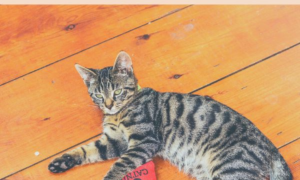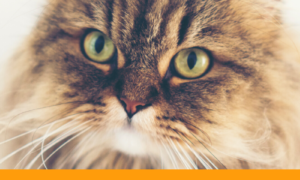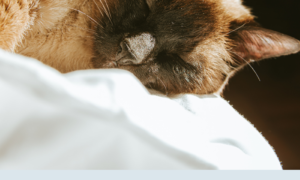Loss of appetite in cats. When it happens to our beloved pet, we often don’t know how to handle it. If cats are not feeling well or are stressed, their appetite can be diminished. Coaxing them to eat in such situations can be challenging, if not impossible. However, cats will respond to a heaping helping of tender loving care.
Consequences For Cats When Not Eating
If your cat recently had an operation or is recovering from an illness, eating may be the last thing on her mind. However, by not eating, a vicious cycle is created, without the intake of food, her health can continue to decline and she will become weaker and sicker. Without proper nutrition, her body will begin to break down tissue for energy in order to function, and that can take away from the healing process. In order to recover, eating is an essential part of the health equation. Without food, a cat’s immune system can malfunction, opening the door to infection or perhaps not allowing her body to respond properly to any medication taken.
When cats do not eat on a regular basis, they can develop a potentially fatal disease of the liver called hepatic lipidosis. Even if a cat fails to consume any food for just two or three days, this can develop. Without the nutrients they need, cats can seriously jeopardize their health and because they tend to be finicky eaters, encouraging them to start eating under those conditions can be quite difficult.
Some cats may avoid certain foods because they associate that food with feeling sick, just like you may avoid certain foods for the same reason. So, trying to force-feed her that particular food will not work.
Getting Your Cat Eating Again
So how do you get your cat to eat? First, make sure she is comfortable and feels secure. Give her space away from other pets in the home so she does not feel as if she is competing for attention. Just by spending time sitting with your cat and giving her attention may kick-start that otherwise lifeless appetite.
Try putting a small piece of food on your finger tip so she can lick it off. Your body temperature can warm it up a bit to release the heartier aromas in the food, making it potentially more appealing to your cat. Cats prefer food at room temperature, and the smellier the food, the better they like it. It may take a few attempts to find the one that sparks her interest to eat, don’t give up.
Praise your cat when she takes those little bites of food and stay close by her side if that is what is necessary to reassure and encourage her.
And always be sure to speak with your veterinarian about a diet that is specifically made to aid in recovery. If your cat does not eat for 24 hours, contact your veterinarian immediately.
Thanks to icatcare.org for this helpful information.







